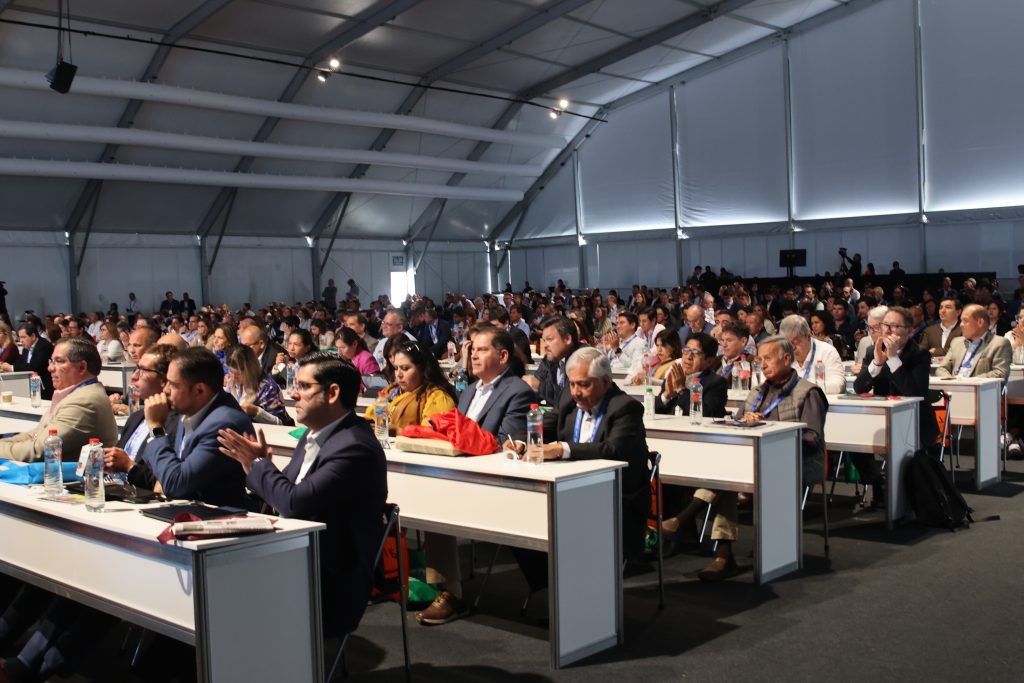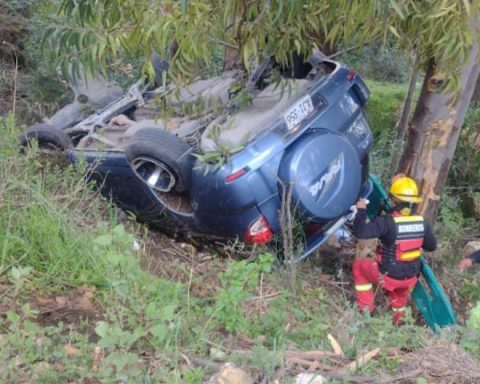AND
l past Wednesday the 20th, the Faculty of Economics of our university paid tribute to Jaime Ros, a brilliant and rigorous economist, who died in 2019. I offer the readers of The Day a micro version of my intervention in that more than well-deserved day of reflection and analysis, because beyond the sadness that his absence causes us, Jaime’s tireless efforts and intellectual efforts may well serve us to rethink some of the essential issues that have to be addressed. see with Mexico and its productive transformation:
What is the status and role of industrial policy? What has been and how to measure the impact of structural change strategies?; Why is economic growth stagnant? What is the relationship between growth and productivity?; How does the salary play? What are, have been, the fundamental obstacles to an acceptable evolution of the economy? How to overcome the low growth and high inequality trap
? These and other questions of equal or greater significance formed a kind of permanent incentive for the daily work and thinking of our friend who is gone and still mourning.
In his essay Some wrong theses about Mexico’s economic stagnation (Colmex, 2013), Jaime discussed and criticized approaches that, in his opinion, are wrong in the diagnosis of economic stagnation; breaks down, with its customary rigor, some of the dominant arguments put forward. Reading it, it is not risky to answer the question of why we do not grow with another: And why should we grow? This is what Jaime and Pepe Casar, his partner and dear friend, did in a communication to the magazine Nexus.
To overcome stagnation, it was necessary, he maintained, to make a fundamental change in the ideas, diagnoses and proposals prevailing in the economic management of the government and other sectors. If, according to the official diagnosis, slow economic growth was due to low productivity growth, Jaime maintained that the stagnation of productivity was a consequence, and not a cause, of insufficient capital accumulation and thus, of slow economic expansion.
A couple of years later, in 2015, he wrote another little book
as I used to describe them How to get out of the trap of slow growth and high inequality? (Colmex and UNAM). In it he insisted on the need to break the knot of slow growth with inequality. An explosive combination not only in terms of the economic indicators in use but, as we have seen in various latitudes, a greater risk for democratic systems as a whole.
Without falling into any determinism, Jaime found in this bond a high risk for the democratic evolution of Mexico. In his opinion “(…) this is a trap in the sense that slow growth itself interacts with its determinants to maintain the stability of a ‘low-level growth equilibrium’.” For this reason, he advocated “a reorientation of the development strategy that gives a more active role to the State and strengthens the internal market with redistributive policies (…)”.
The essay wanted to be a contribution to the formulation and design of public policies that simultaneously tend to generate greater growth and reduce social inequality
. Its relevance is undeniable and its reading and study should be a mandatory subject in the academy and the territories of the State.
From these powerful little books, with clear and rigorous diagnoses involved, it is not so difficult to understand why we have not grown. Faced with this question, Jaime would insist that the riddle found an answer in a foolish myopia on the part of those in charge of setting policies and drawing up plans who, for some time now, have assumed that macroeconomic stability is an unappealable condition for good economic performance, which To achieve this, the recipe is to keep the external public debt under control and maintain a suitable
relationship between debt and GDP. Or, as is now insisted, through the Franciscan habit of poverty, cutting and cutting, waiting for the miracle: that the coffers of public finances will be filled.
How to get out of our own traps; of our mental bevels? Perhaps, to begin with, it is appropriate to redefine our evaluation criteria and from there our visions and strategic options. Assume that growth must be accompanied by social redistribution; By organically incorporating the social issue as a fundamental component of politics and the economy, we could give way to a progressive and redistributive tax reform. Build a social and democratic State itself; a democracy well supported by pillars of rational reflection and consistent intellectual honesty. Inside and outside the State.
















